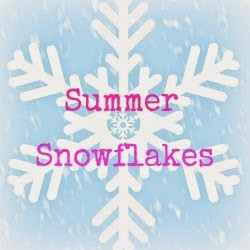Hiya!

- Alexa Mintah
- Alexandria, better known as Alex or Alexa, is a strange Christian-fangirl-YA-writer medley tucked away in an undisclosed location in Virginia. She loves creating worlds out of keystrokes, discovering adorable ships (platonic or romantic), and becoming besties with clever characters who wow her with love and brilliance. When only half spellbound by her many worlds of words, she can be found working amongst the stacks in her local library.



These tips are awesome!!! I haven't had writer's block for a very long time, but I'll definitely bear these in mind next time I do. *thumbs up*
ReplyDeleteAwesome, I hope they help! :D
DeleteI do a form of free writing called force writing, where I tell myself writer's block doesn't exist and I write anyways :D It works! haha ;p
ReplyDeleteHaha, whatever works to beat it!
DeleteSuch good tips, I usually use other art to get through it. Haven't had any blocks because I just need to find the time to write, but next time it happens I am referring to this. :)
ReplyDeleteAwesome!!! Yeah, finding time is hard, but I'm glad I was able to provide a reference for you the next time the Evil Block comes around. :)
DeleteThankfully, I'm out of writer's block but I have yet to start my upcoming WIP *ahem*
ReplyDeleteThanks for these tips! I hope you have a good time working on your current WIP.
Glad you're out of writer's block, but the WIP is important too. *nudges it towards you* ;)
DeleteNo problem! And thanks, I am! I'm putting the finishing touches on my book proposal now! So exciting. :D
I like "Take a Break" the best. That works when everything else doesn't.
ReplyDeleteSo true! Sometimes, your brain just needs a little time off.
Delete